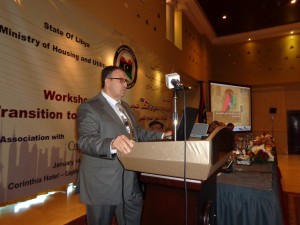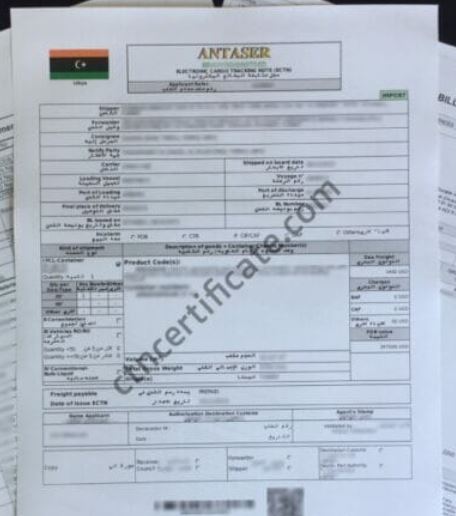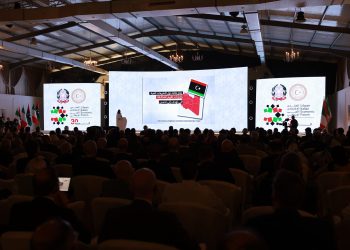By Libya Herald staff.

Malta, 16 January 2015:
The Central Bank of Libya (CBL) Governor, Ali Salem Hibri, appointed by the House of . . .[restrict]Representatives, the only internationally recognized legislature in Libya, is in Washington DC for an official visit lasting a few days.
Sources from Washington have confirmed that Hibri has met with officials from the World Bank and the IMF. He is also to hold meetings with officials from the United States government.
Libyan assets abroad are believed to be one of the items on the agenda.
It will be recalled that Libya is going through a very difficult period economically as a result of its political problems. For example, the government has been operating without a budget.
In fact, this week Prime Minister Abdullah Thinni confirmed the fact that the 2014 budget had not been disbursed to the government yet and that the CBL Governor, appointed by the HoR, has not yet been able to provide the required funds. The government, he revealed, was operating with an LD 250 million loan from aone of the commercial banks.
It will be recalled that the CBL is currently only disbursing the wages and subsidy sections, if that, from the current budget, due to low state revenues
It is also worth recalling that the CBL scenario is further complicated by the fact that there are two contending CBL Governors currently as the previous uncontested Governor, Saddek Elkaber was sacked by the HoR in September 2014 and replaced by his Deputy Ali Salem Hibri after Elkaber had refused to attend a meeting of the HoR in Tobruk he was summoned to.
El-Kabber, due to the large size of the budget, the continuing deficit and low oil revenues, had referred the 2014 budget to the CBL’s legal department in July 2014, questioning the over optimistic projections of oil, tax and customs revenues.
He felt that the budget should have been reduced in line with the huge shortfall caused by the Federalists’ blockade of oil ports and that the budget should not have relied so much on access to foreign currency reserves. The Governor was worried that Libya’s new inexperienced politicians were being profligate and populist with Libya’s reserves, and saw his neutral role as their protector.
Ironically, these reserves had been accumulated over the decades by the Qaddafi regime.
The situation has been worsened by the recent fighting over and at the various oilfields causing production to dip to around the 300,000 bpd, and by the huge drop of international crude oil prices.
This complicated political and financial scenario has meant that the Libyan government finds itself operating without funds during a crises period, forcing it to seek a loan from a commercial bank. It also finds itself with two CBL Governors. [/restrict]









